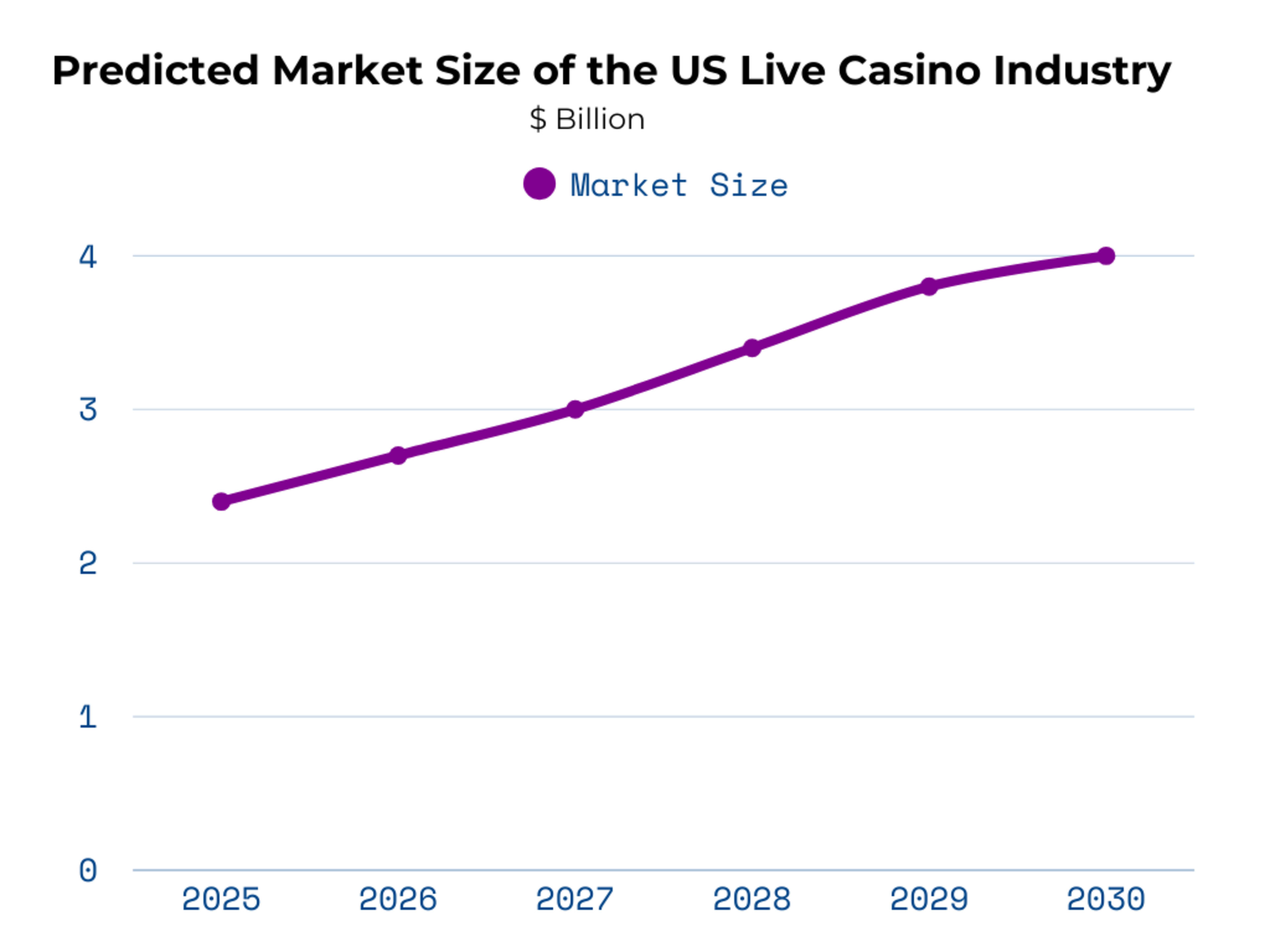Thinking about playing in a Nigerian online casino, where the clatter of chips and dealer banter is increasingly replaced by sleek digital screens and automated thrill? That's the reality as electronic table games (ETGs) surge ahead. While specific figures for Nigeria's ETG market are still emerging, the global trend shows massive growth, with projections indicating a surge in value by 2033. This overtake isn't just a tech fad; it's reshaping how casinos operate, players engage, and the industry evolves. In this blog, we'll dive into why ETGs are winning the battle against traditional live dealers, backed by fresh insights and real examples from across the globe that Nigerian players can relate to. Whether you're a gaming enthusiast, industry pro, or investor looking at the Nigerian market, buckle up for the future of casino gaming.
Why ETGs Are Gaining Traction Over Live Dealers in Nigerian Casinos
The shift from live casino dealers to ETGs is accelerating globally, driven by efficiency, player demands, and the economic sense it makes, which is particularly relevant for evolving markets like Nigeria. Casinos worldwide are seeking lower costs and higher throughput. In places like Nigeria, this means more accessible gaming options for players. But why is this trend catching on so fast?
The Appeal of Contactless and Cost-Effective Gaming
While the pandemic accelerated interest in contactless solutions globally, its impact is felt in Nigeria too, fostering a greater appreciation for digital interactions. ETGs provide a seamless way to enjoy popular table games without the need for extensive staffing, making it economically sensible for many Nigerian operators. This 24/7 availability means players can jump into a game whenever they please, without worrying about dealer schedules. Plus, in some regions, regulatory advantages can make ETGs even more appealing.

Global Trends: Casinos Embracing Electronic Table Games
Across major casino markets globally, from the established hubs to emerging economies like Nigeria, 2024 and 2025 have marked a significant turn toward electronic table games. The transformation is not subtle—it is a sweeping reinvention of the casino floor.
In some of the world's most famous casino destinations, properties are integrating ETGs into their core gaming strategy. This decision is driven by the need for both efficiency and the ability to scale operations. With a constant flow of players, casinos need ways to increase throughput without a parallel explosion in labor costs. Blackjack and roulette terminals can accommodate more players simultaneously, reducing the need for additional dealers. This shift not only eases operational strains but also highlights how major properties are adapting to attract a new generation of guests.
In other regions, the success of ETGs is being written in revenue figures. Casinos that strategically invested in ETGs have reported impressive results, bolstered by their ability to handle peak visitor numbers seamlessly. This approach positions these properties as forward-looking models, adept at navigating labor pressures and fluctuating player demand, offering a blueprint that could inspire operators in Nigeria.
Even new casino developments are making clear where their priorities lie from the start. With ETGs, including electronic baccarat and other popular options, set to be central to their offerings, these are designed to capture the interest of younger, tech-savvy visitors. This trend reflects lessons learned about the demand for contactless and self-directed play. By leaning heavily into ETGs, new properties are positioning themselves not as traditional venues experimenting with digital formats, but as establishments built around them, shaping the future of gaming experiences.
Cost Breakdown: ETGs vs. Live Dealers – The Numbers Don't Lie
Money talks in high roller live casinos, and ETGs scream savings. Traditional live dealers rack up high labor costs—think $150-$200 per hour in wages alone—while ETGs slash overheads by up to 50% through minimal staffing and faster game speeds. Here's a head-to-head comparison:
Player Preferences: Who Loves ETGs and Why?
The demographics around ETGs reveal a clear generational divide.
- Younger Players (18–34 years): This age group represents the overwhelming bulk of ETG adoption, accounting for over 95% of electronic gamers in 2025. For Gen Z and younger Millennials, ETGs align perfectly with their digital-native lifestyles. They value the privacy of terminals, the ability to learn without public embarrassment, and the low-stakes bets ($5–10) that make experimentation more affordable. These players are also accustomed to mobile gaming and online interfaces, so transitioning into ETGs feels natural.
- Millennials (30s–40s): While slightly older, Millennials dominate the online gambling sector and show a strong preference for ETG blackjack and baccarat, particularly for solo play sessions. Their busy lifestyles make quick, on-demand gaming appealing, and ETGs meet this need without the social expectations of live dealer tables.
- Older Players (45+ years): This group continues to gravitate toward live dealers. For them, the allure is not speed or efficiency but the social atmosphere—dealer banter, camaraderie with tablemates, and the traditional casino experience. However, some older players have begun exploring ETGs for their accessibility and reduced intimidation factor, particularly when learning new live casino games.
Culturally, ETGs are transforming the casino environment. The old image of rowdy, crowded tables is being replaced by tech-driven zones, sleek electronic setups, and quieter, more individualized play. This reflects a generational shift in entertainment, where personalization and technology are now central.

Operator Insights: What Casino Bosses Are Saying About ETG Strategy
Casino executives have become vocal advocates of ETGs, often highlighting two key drivers: financial resilience and audience expansion.
- Financial Growth: Multiple top-rated live casino platforms explain that they are leveraging ETGs to drive profitability during a time when labor costs are unpredictable and staffing is challenging. By reducing dealer reliance, casinos enjoy higher margins per table and greater throughput per hour.
- AI Integration: Another casino leader emphasizes that AI and machine learning are transforming ETG operations. AI is not only used for marketing and player retention but also for responsible gambling tools—detecting risky patterns and offering real-time interventions.
- Strategic Agility: With ETGs, casinos can reconfigure floors more quickly, adapt to peak visitor times, and attract tech-savvy younger crowds without alienating traditional players. This adaptability has become a cornerstone strategy in 2025’s volatile economy.
Cutting-Edge Innovations: ETGs Get Smarter in 2025
2025 brings ETG wow-factors like AI-personalized betting in blackjack and AR overlays for immersive roulette. Hybrid systems blend live wheels with digital interfaces, while VR dealers elevate baccarat. These tech leaps bridge the authenticity gap, making ETGs feel alive without the human element.
The Employment Equation: Jobs Gained, Lost, and Transformed
ETGs disrupt jobs—potentially cutting dealer roles by 20-30%—but the industry forecasts 17% overall growth through 2031, creating tech maintenance and analytics positions. In 2025, unions push for reskilling, turning potential losses into opportunities. Economically, it's a mixed bag: fewer low-skill jobs, more high-tech ones.
Global Perspective: US vs. Macau and Europe in the ETG Race
The US is catching up fast, but Macau leads with ETGs generating 37% more profit than traditional tables, post-2019 adoption. Europe's slower, favoring live dealers culturally, though the UK ramps up for compliance. US casinos blend both, using ETGs for efficiency while preserving social hubs— a balanced overtake.









